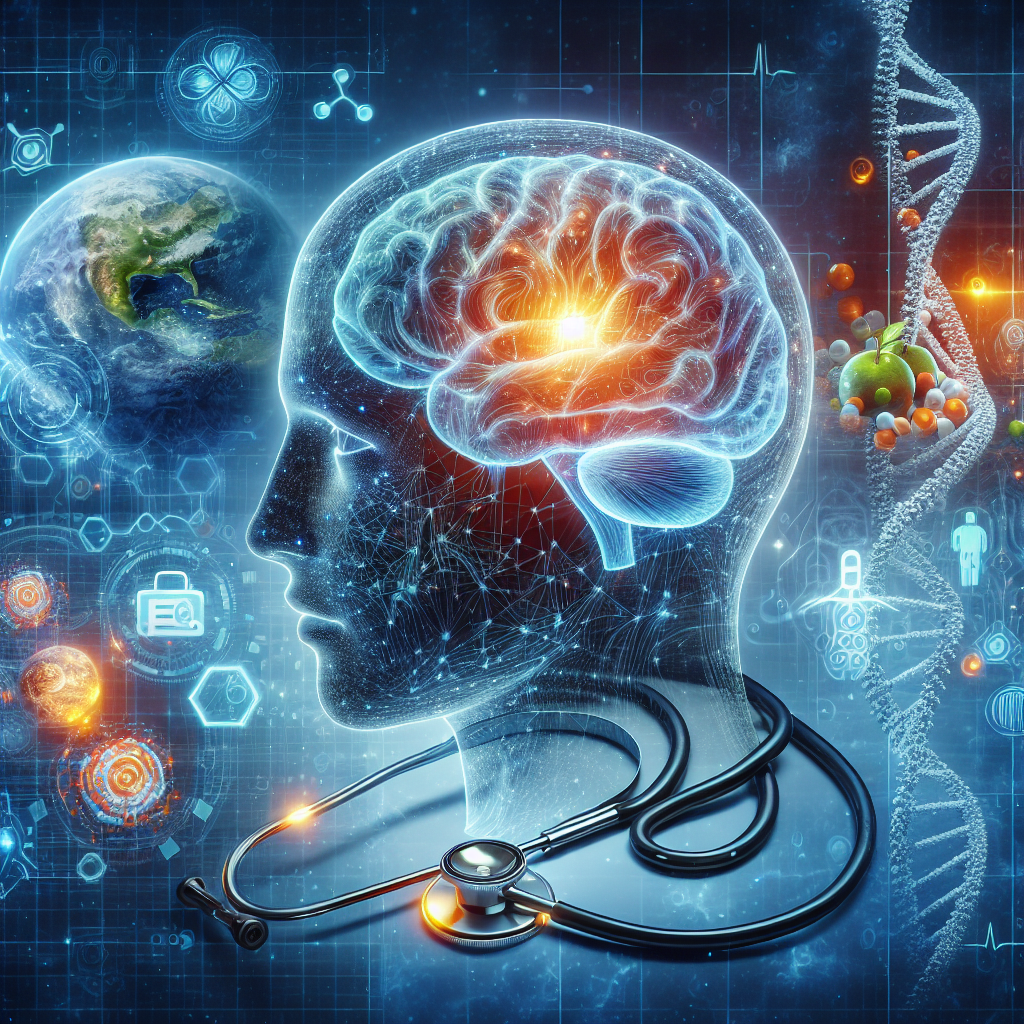The Role of AGI in Solving Global Challenges: From Climate Change to Healthcare
Artificial General Intelligence (AGI) has the potential to revolutionize the way we address some of the most pressing global challenges we face today, from climate change to healthcare. AGI refers to a type of artificial intelligence that can understand, learn, and apply knowledge in a wide range of tasks, similar to human intelligence. In this article, we will explore the role of AGI in tackling these global challenges and how it can help us create a more sustainable and healthier world.
Climate Change
Climate change is one of the biggest threats facing our planet today, with rising global temperatures, extreme weather events, and melting ice caps. AGI can play a crucial role in helping us address this challenge by analyzing vast amounts of data to better understand climate patterns and predict future changes. AGI can also help us develop more efficient renewable energy technologies, optimize resource usage, and reduce carbon emissions.
One of the key applications of AGI in addressing climate change is in climate modeling. AGI can analyze complex climate data from various sources, such as satellites, weather stations, and sensors, to create more accurate models of climate patterns. These models can help us better understand how climate change is impacting our planet and develop strategies to mitigate its effects.
AGI can also help us develop more sustainable and efficient energy systems. By analyzing data on energy consumption, production, and distribution, AGI can optimize energy usage and reduce waste. AGI can also help us develop new renewable energy technologies, such as solar panels, wind turbines, and biofuels, that can help us transition to a low-carbon economy.
Healthcare
Healthcare is another area where AGI can have a significant impact, from improving patient care to developing new treatments and cures for diseases. AGI can help us analyze medical data to identify patterns and trends that can help us diagnose diseases earlier and more accurately. AGI can also help us develop personalized treatment plans based on an individual’s genetic makeup, lifestyle, and medical history.
One of the key applications of AGI in healthcare is in medical imaging. AGI can analyze medical images, such as X-rays, MRIs, and CT scans, to detect abnormalities and diagnose diseases more quickly and accurately. AGI can also help us develop new imaging techniques that can provide more detailed and comprehensive information about a patient’s condition.
AGI can also help us develop new drugs and treatments for diseases. By analyzing vast amounts of data on drug interactions, genetic mutations, and disease pathways, AGI can identify new drug targets and develop more effective treatments. AGI can also help us personalize treatments based on an individual’s genetic makeup, lifestyle, and medical history, to ensure the best possible outcomes.
Other Global Challenges
In addition to climate change and healthcare, AGI can also help us address a wide range of other global challenges, such as poverty, food security, education, and cybersecurity. AGI can help us analyze data to better understand the root causes of these challenges and develop innovative solutions to address them.
For example, AGI can help us analyze economic data to identify strategies for reducing poverty and inequality. AGI can also help us develop new agricultural technologies that can increase food production, reduce waste, and improve food security. AGI can also help us develop new educational tools and resources that can provide personalized learning experiences for students of all ages.
FAQs
Q: What is the difference between AGI and other types of artificial intelligence?
A: AGI refers to a type of artificial intelligence that can understand, learn, and apply knowledge in a wide range of tasks, similar to human intelligence. Other types of artificial intelligence, such as narrow AI, are designed for specific tasks, such as image recognition or speech recognition.
Q: How can AGI help us address global challenges?
A: AGI can help us analyze vast amounts of data to better understand complex global challenges, such as climate change, healthcare, and poverty. AGI can also help us develop innovative solutions to address these challenges, such as new renewable energy technologies, personalized healthcare treatments, and strategies for reducing poverty and inequality.
Q: What are some of the potential risks of AGI?
A: While AGI has the potential to revolutionize the way we address global challenges, it also poses some risks, such as job displacement, loss of privacy, and unintended consequences. It is important to carefully consider these risks and develop strategies to mitigate them as we continue to develop AGI technologies.
In conclusion, AGI has the potential to play a crucial role in addressing some of the most pressing global challenges we face today, from climate change to healthcare. By leveraging the power of AGI to analyze data, develop innovative solutions, and create a more sustainable and healthier world, we can work towards a brighter future for all.

